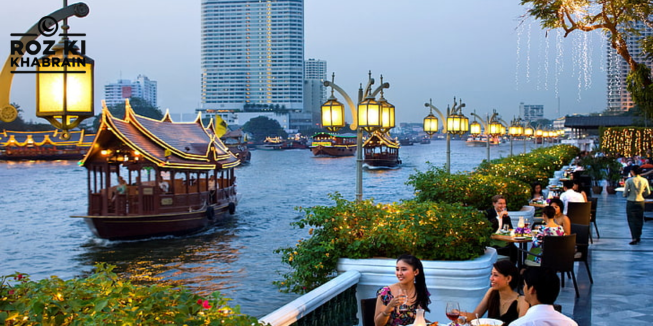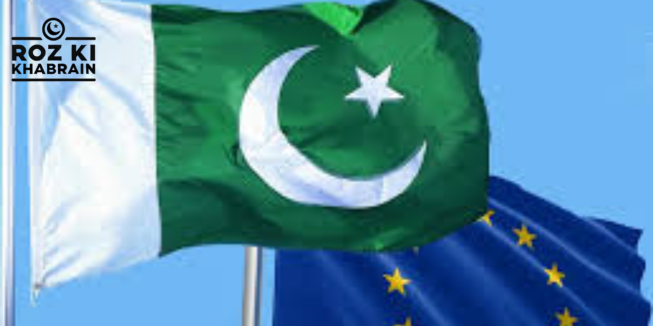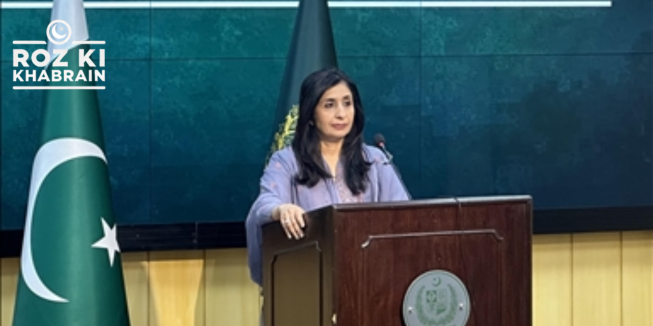Bangkok, Thailand – Wanitcha Amkham operates her roti stall at various food markets across the Thai capital, offering pan-fried dough recipes that have been handed down through generations.
As a Muslim, Amkham ensures that her roti, filled with ingredients like banana, cheese, chicken, and onions, is entirely halal.
Over the years, she has built a loyal following among Muslim office workers, students, and tourists while serving in the predominantly Buddhist city.
However, Amkham is increasingly worried about other street vendors misusing the halal label to attract unwitting customers.
“One time, my stall was next to a fried squid vendor,” the 39-year-old shared with Al Jazeera. “I noticed a halal sign at their stall, but the seller bought food contaminated with pork, ate it, and then sold squid without properly cleaning up. When I questioned him, he admitted that the halal sign helped him draw in more customers and that getting a certified halal logo was too complicated.”
Thailand is banking on its growing halal industry to revitalize its tourism-dependent economy, which has struggled to recover from the COVID-19 pandemic compared to its regional counterparts.
Analysts suggest that Bangkok’s ambitions rely on gaining the trust of Muslim countries and visitors, which may be jeopardized by counterfeit halal products and insufficient certification in informal markets.
In July, the Thai government announced a halal industry action plan to promote local products and enhance industry standards. The four-year plan, which is awaiting final approval, includes the creation of a “halal valley” for halal goods production, potentially situated in Thailand’s southern provinces, which have a majority Muslim population.
“Thailand’s strength lies in its food, beverage, and agriculture sectors. However, Malaysia, which has long positioned itself as a halal hub, has gained more credibility in the Middle Eastern market as a Muslim nation,” said Aat Pisanwanich, an expert in international economics and adviser to Intelligent Research Consultancy Co Ltd. “It will take time for Thailand to earn that level of trust and recognition as a halal hub.”
According to government figures released in February, Thailand has approximately 15,000 halal-certified companies, 166,000 halal-certified products, and 3,500 halal-certified restaurants.
After Malaysia and Indonesia, Thailand is the third-largest exporter of halal products to Organisation of Islamic Cooperation (OIC) countries in Southeast Asia. In the first eight months of 2023, halal exports to the OIC market, including sugar, rice, and frozen chicken, reached around $4.1 billion, as reported by the government.
Despite about 93 percent of Thais being Buddhist, the country’s initiative to tap into the rising demand for halal products mirrors the strategies of other nations with small Muslim populations.
Non-OIC countries such as Brazil, China, India, and the United States dominate halal product exports, making up over 80 percent of imports, according to the 2022 Annual OIC Halal Economy Report. This report also predicts that the Muslim population will grow to three billion by 2060, constituting about 30 percent of the global population.
“Thailand is a central hub for supplies,” said Fuad Gunsun, vice president of the Thai Muslim Trade Association. “Being a halal hub means producing goods here using our local supplies to enhance competitiveness with products from Muslim countries like Malaysia.”
Gunsun pointed out that street food often falls outside the halal certification process due to a “lack of understanding,” which could impact perceptions of Thailand’s hospitality toward Muslim visitors.
In the latest Mastercard-Crescentrating Global Muslim Travel Index, Thailand is recognized as a “leading” Muslim-friendly destination among non-OIC countries, ranking fifth overall after Singapore, the UK, Taiwan, and Hong Kong.
“Thailand has made significant efforts to attract Muslim travelers over the years,” the report noted. “By offering halal food options, pioneering halal consumer products, and leveraging its substantial Muslim communities, the country has ensured that halal food is widely available, especially in key tourism areas.”
“In Pratunam [Bangkok’s wholesale shopping district], operators who do not sell halal food could see their customer base, primarily tourists, drop by half,” Gunsun explained. “When tourists come to Thailand, they trust the country to ensure proper inspections. Most Muslim tourists are cautious about street food, but issues can also arise in shopping malls.”
Gunsun noted that some major food chains have been slow to invest in halal options. “Some fried chicken chains, for instance, may view it as an unwise investment. However, this perception is misguided in terms of the economic benefits, especially as Thailand aims to be a top tourist destination.”
Saha Farms, a leading chicken exporter, has made strides in obtaining halal certification but only recently accessed the Middle Eastern market due to specific halal requirements there. Jaruwan Chotitawan, the president of overseas sales and marketing for Saha Farms Group, mentioned, “While our plants are halal-certified domestically, we have also undergone audits by teams from Malaysia and the Middle East. We aim to strengthen our halal branding this year as part of our marketing strategy, particularly in the Middle East.”
For many Thai exporters, halal certification is crucial for reaching customers. Halal.co.th, a website run by the Office of the Central Islamic Council of Thailand, lists thousands of Thai-made halal products, including supplements, chili paste, fish balls, almond milk, and bubble gum.
Gunsun acknowledged that Thailand could learn from Malaysia’s competitive edge in non-food halal products, like cosmetics and clothing. “Malaysia also emphasizes halal business studies, which is lacking in Thailand,” he said.
However, Gunsun admitted that the fees for halal certification can be steep for small businesses, such as street food vendors. “But downloading a sign from the internet and displaying it at their stall is considered false advertising and is punishable by law,” he added.
According to Bangkok’s Islamic Affairs Committee, halal certification costs start at 10,000 baht ($300) for small operators, with additional fees for routine checks, certification renewals, and other documentation.
“Obtaining a halal certificate is advisable,” Pisanwanich stated, “but it won’t be possible for Thailand to build confidence among foreign Muslim visitors as a halal hub overnight.”




